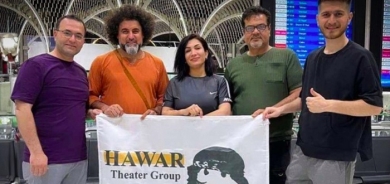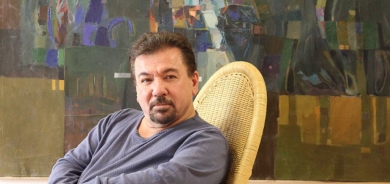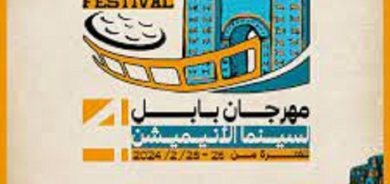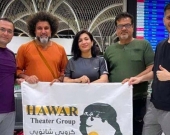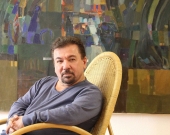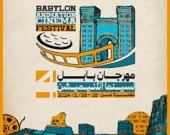KURDISTAN - UTOPIA OF A BETRAYED PEOPLE

The latter is about to conquer a strategic town on the Syrian-Turkish border. A town of which not only the whole world, but even a large part of the Kurdish population of other countries, has never heard of: Kobane. In Kobane the Kurdish guerrillas and guerrillas, supported by a western military coalition, resist, save the town and drive ISIS back. A systematic process of cleaning the Syrian central-eastern territory begins which in about three years - passing through the Raqqa hovering in 2017 - will lead to the disappearance of the Islamic State, author of the Bataclan massacre and many other attacks in Europe. The West welcomes the efforts of the Kurds, who lose 11,000 young lives on the ground. He applauds, but does little else.
Within a short time, the looming threat of ISIS has disappeared, the whole world forgets the Kurds, their resistance and the social revolution they are carrying out in their territories. And so, the new sultan Erdoğan will be able to invade the Syrian territory inhabited by the Kurds twice in total impunity in 2018 and 2019,
The book by Marco Gombacci, the foreign signature of the newspaper "Il Giornale", focuses mainly on this parable in this Kurdistan. Utopia of a betrayed people. The best of this volume lies in the summary of this recent Kurdish affair in Syrian territory, in quickly and clearly describing the political and administrative system of Rojava, or rather Autonomous Federation of Northern Syria, as well as the process of social and cultural transformation that Kurdish forces have put in place. The author stepped on those places, interviewed the protagonists, touched the concreteness of what is happening with his hand.
The geopolitical configuration, as it is structured around that particular region, is also well summarized. Less authority and mastery are perceived where the author offers a rapid reconstruction of the history of the Kurdish people in the four states inhabited by it, roughly from the First World War onwards. Some fundamental historical passages are missing, some crucial episodes have been overlooked, the cultural and anthropological dimension is almost never taken into account, the cut is more journalistic than historiographic, and some errors are present. Surely having wanted to produce an agile booklet of only 160 pages has contributed to making the historical picture more approximate, especially for having wanted to give a lot of space to Syrian Kurdistan and to the most recent events.
Moreover, speaking of the Kurds, in Italy it seems to always have to start from the Introduction. We have a few dozen titles scattered around, but everyone must always start all over again, as if they were the first to discover this people with such a particular destiny. We struggle to build a bibliography that makes a system and that builds a well-structured field of knowledge. And to think that the father of European Kurdology was an Italian ... In addition, the Kurdish-Syrian and partly Kurdish-Iraqi scenario in recent years have monopolized editorial attention (also providing good sales results), but excluding made by radar detailed and in-depth analysis of the Kurdish-Turkish context, in many respects the most important and decisive one.
And therefore, I would recommend the book to anyone who wants to recapitulate the Kurdish experience in the context of the Syrian civil war, less to anyone who wants to deepen the historical and cultural knowledge of this people. but in fact excluding detailed and in-depth analyzes of the Kurdish-Turkish context from radar, in many respects the most important and decisive one. And therefore, I would recommend the book to anyone who wants to recapitulate the Kurdish experience in the context of the Syrian civil war, less to anyone who wants to deepen the historical and cultural knowledge of this people. but in fact excluding detailed and in-depth analyzes of the Kurdish-Turkish context from radar, in many respects the most important and decisive one. And therefore, I would recommend the book to anyone who wants to recapitulate the Kurdish experience in the context of the Syrian civil war, less to anyone who wants to deepen the historical and cultural knowledge of this people.




